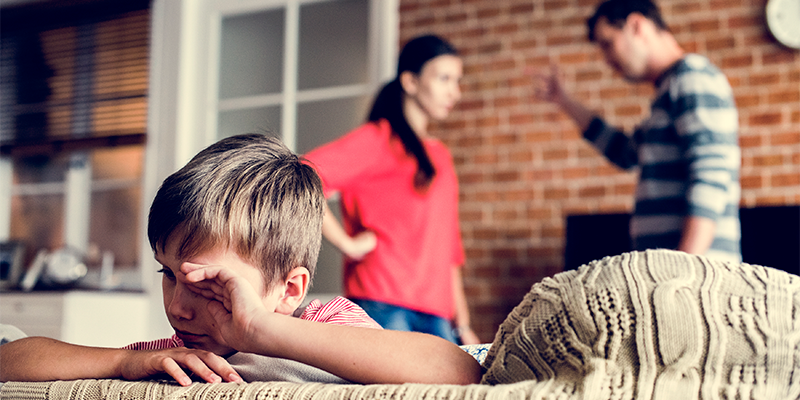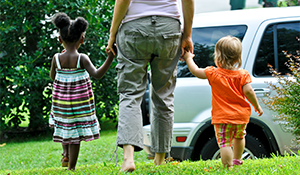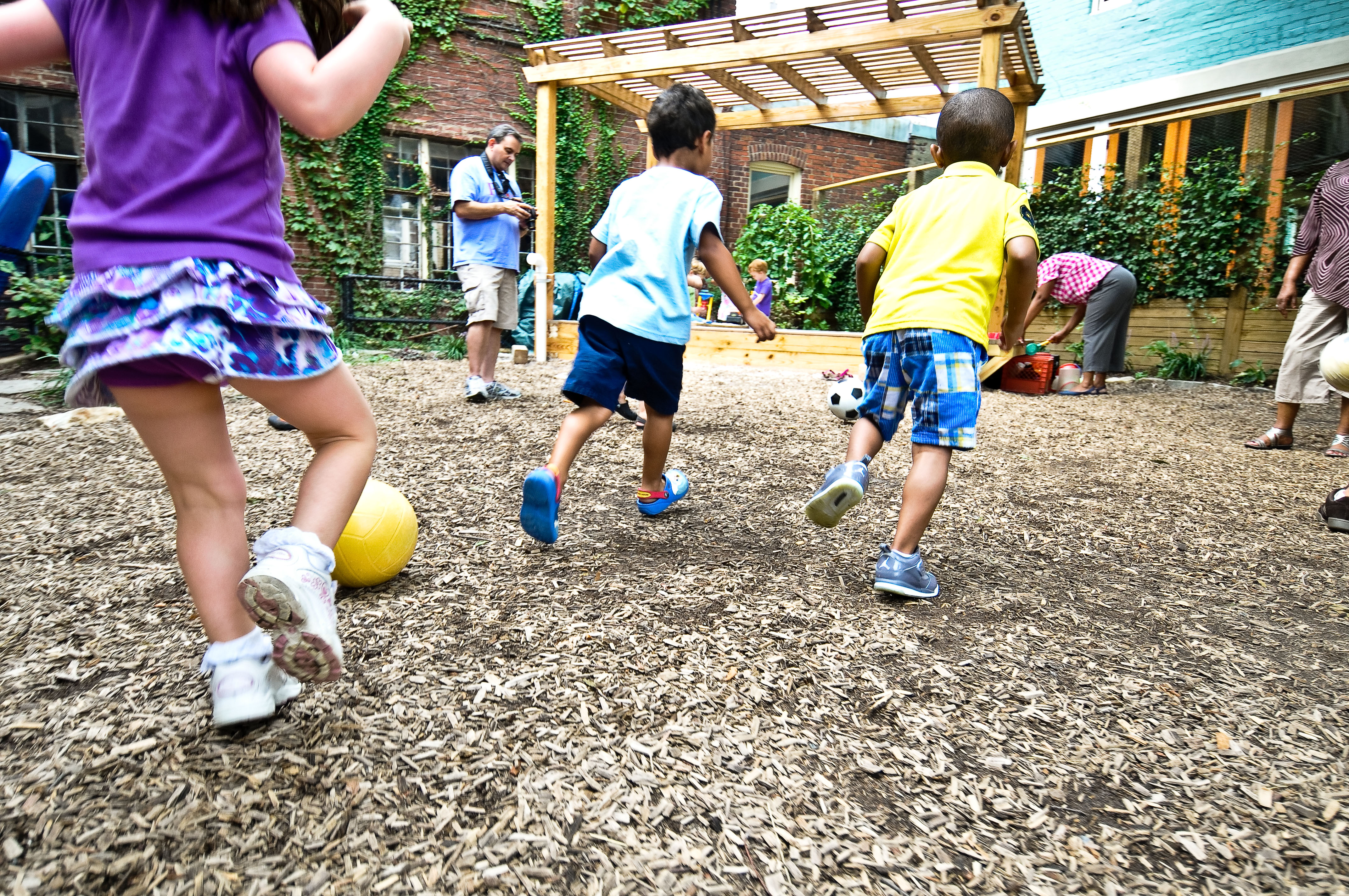
Positive Childhood Experiences and Adult Mental and Relational Health in a Statewide Sample: Associations Across Adverse Childhood Experiences Levels
Bethell, C., Jones, J., and Gombojav, N. JAMA Pediatrics (September 2019).
Background: Past research has linked adverse childhood experiences (ACEs) – e.g., divorce, abuse, domestic violence – to greater risks for poor mental health and fewer supportive relationships in adulthood. This study looks at whether positive childhood experiences (PCEs) such as a sense of belonging at school, or feeling safe and protected by an adult at home are linked with better mental health in adulthood and whether PCEs can reduce some of the negative effects of ACEs.
Methods: Data for this study came from the 2015 Wisconsin Behavioral Risk Factor Survey (link), a telephone survey of adults in Wisconsin that asks about health and health-related behaviors. People were asked to report if they had been diagnosed with depression or experienced poor mental health for at least 14 days in the past month. They were also asked to report their childhood exposure to ACEs and PCEs.
Results: People who experienced the most PCEs in childhood were 72% less likely to face poor mental health than those who experienced the fewest PCEs. As the number of PCEs went up, the likelihood of experiencing depression or poor mental health went down. People with the highest PCE scores also reported more supportive relationships that met their emotional needs than people with the lowest PCE scores. These results held true for people with different ACE scores.
Conclusions: Exposure to positive childhood experiences may promote better mental health in adulthood, possibly because PCEs help people build and sustain more supportive relationships. The results highlight the importance of stable, nurturing relationships in supporting positive social and emotional development.
Practice Implications
This study looked at several specific positive childhood experiences. Child care has the potential to provide or impact many of those positive experiences, such as:
- Helping children feel more comfortable talking about their feelings.
- Allowing children to participate in community tradition.,
- Building supportive relationships with friends.
- Having non-parent adults who take a genuine interest in them.
There are many steps that child care providers can take to promote social-emotional health in children and give them the tools and positive experiences that can help them grow up to be healthier adults. Adopting simple strategies and practices, like listening with full attention, respecting and reflecting children’s feelings and using planned activities to talk about emotions, can promote children’s mental health today and in the future.
Policy Implications
Some states have recognized the importance of positive social-emotional development and skill-building in child care by building social-emotional standards into their quality rating and improvement systems (QRIS). While this is a valuable first step, we need to make sure that our definition of quality child care is not limited to specific standards. We know that that interactions between child care providers and children are powerful. Things like genuine affection, shared language and culture and a sense of trust between caregivers and children contribute to many of the PCEs highlighted in this study, but they can also be very difficult to measure. Failing to account for those factors in our definitions of quality can disadvantage certain groups of providers, such as those in family child care homes, and contribute to the misperception that home-based care is lower quality than center-based care.
Another key takeaway from this study is the importance of stability and consistency in caregiving relationships. Turnover in child care staff can be disruptive in many ways, including for young children who are learning to build relationships and benefit from having a consistent adult to turn to for support. There are many factors that contribute to instability in the child care workforce. These include low pay, few benefits, burnout, limited access to professional development and unsustainable business models, just to name a few. Policy solutions at every level, from paid leave to living wages to higher subsidy reimbursements, have the potential to create a more stable child care workforce that can, in turn, help children thrive.







